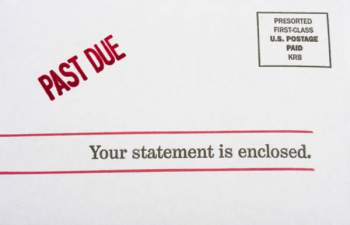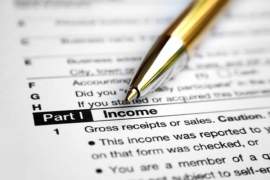
Understanding the Process of Debt Collections

What is Debt Collections?
The process of Debt Collections is a legal procedure that involves the owner of an outstanding debt - which can range from a lending institution or a private collections agency, and a debtor – the classification of which can range from private to commercial in nature; a debtor is defined as an individual in possession of an outstanding debt requiring repayment:
Lending Institutions vs. Debt Collections Agencies
A lending institution, may be defined as the original entity owed repayment concerning the debt or debts in question; not only the origin of the debt in question, but also the formulation of the terms and conditions concerning the furnishing of the loan to the debtor took place through this institution
While the lending institution may undertake the furnishing of a debt settlement, it is not uncommon for a lending institution to sell outstanding debts to debt collections agencies
Debt Collections agencies range from independent to Federal agencies that specialize in the undertaking of retrieving payment concerning outstanding debts, defaulted loans, or repayment requirements; a collection agency will typically purchase outstanding debt from lending institutions for reduced prices
Once purchased, these agencies formulate and develop debt settlement plans in order to render profit, repayment, or both
Types of Debt Collections
However, the debt collections process is an extremely broad one, which may involve a vast expanse of measures, strategies, and methodologies employed in order to enact debt collections; examples of these measures include the following:
Debt Settlements
The creation of a debt settlement plan, which allows the individual debtor the opportunity to furnish repayment of an outstanding debt at a decreased rate; however, the stipulations included in the undertaking of debt collections through the use of debt settlement plans may require the debtor to furnish the full – albeit reduced – amount upfront and in full
Repossession
The undertaking of repossession efforts is commonly employed by debt collections agents in the event that an individual debtor is either unwilling or unable to furnish the prompt or required repayment of an outstanding debt; although the legality surrounding repossession varies in accordance with applicable jurisdiction, this method of debt collections allows the owner of a debt to legally claim assets or property belonging to the debtor in order to satisfy the outstanding debt or debts in question – however, the applicable legislation varies in accordance with the requirement of the debt collections agents to provide notice with regard to these reclamation efforts.
Legal Assistance for Debt Collections
The adherence to debt collections legality is of the utmost importance – mistakes, oversights, and misfiling can prove to be costly for the individual not versed in debt management and resolution. In the event that you require assistance or counsel regarding this process, debt attorneys may be available for hire on the basis of a sliding scale in order to meet your financial needs and abilities; in other cases, pro-bono and non-profit legal assistance may be made available to eligible applicants.



















